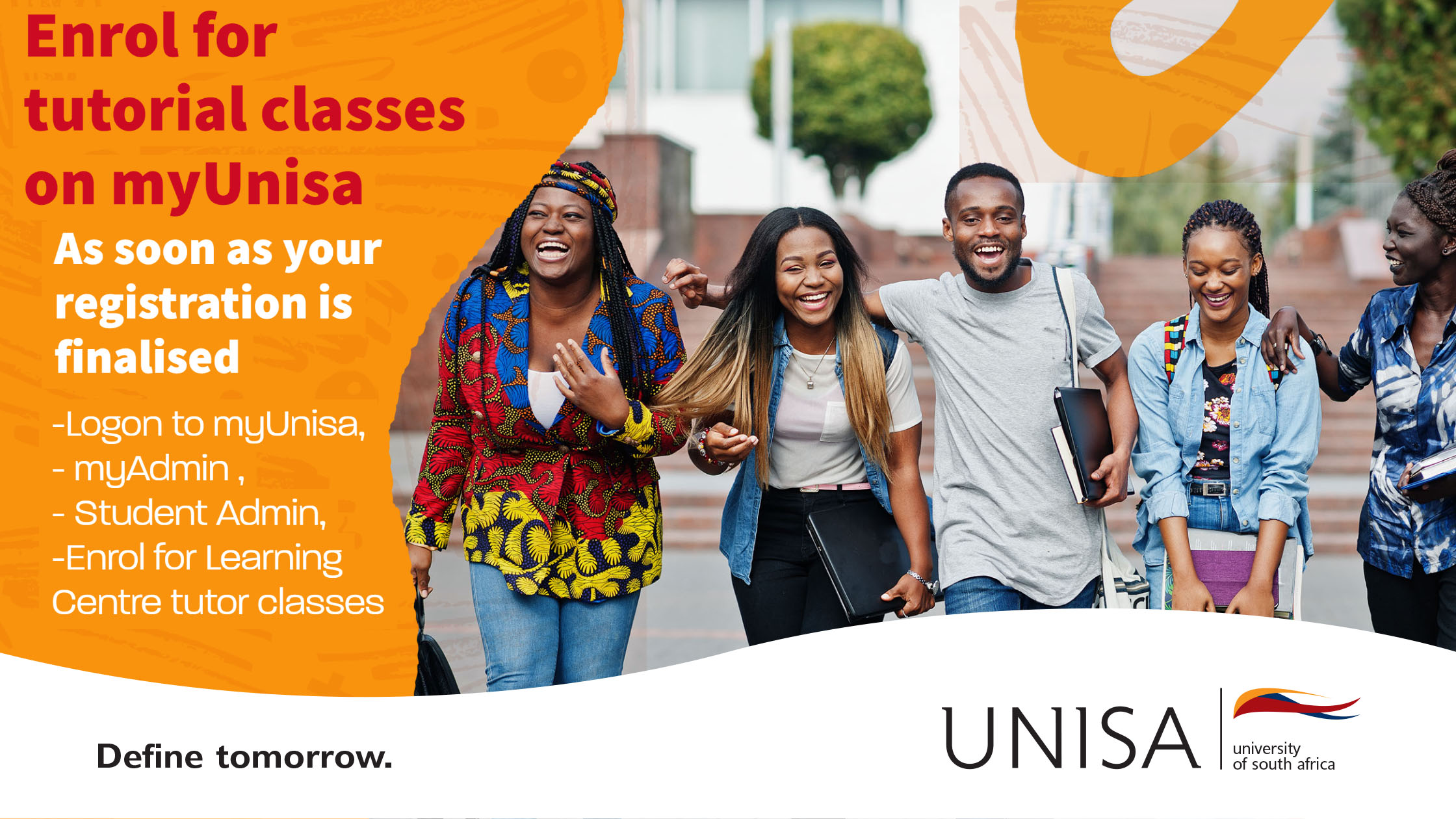Gauteng
Service Offerings
Counselling: The function of Counselling Services in the Region is to contribute to students’ development and academic success in an ODeL environment through counselling for career, academic and personal development, and trauma. In this unit, we do face-to-face counselling, telephonic counselling, e-Counselling. For other counselling related services, click here.
Library: The function of Library Services is to provide clients with information resources that would assist them in their studies or research. To learn more about the library services and related resources. To learn more about the library services and related resources, click here.
Student Administration (i.e Applications & Registration) The function of Student Administration is to offer the following services: Application & Admissions, Student Funding; Registration; Assessment administration (Assignments and Examinations); Graduations; General student administration; and Student Governance. It also has self-help facilities. For more info on applications and registration related info. For more info on applications and registration related info, click here
Tutorial Services: The function of Tutorial services is to provide face-to-face tutorial services for mainstream modules through MS-Teams platform. The tutorial section plays the role of a link between the student and tutor in relation to the selected modules that a student is studying for. A tutorial is more learner centred and not teacher centred. It is more interactive. A tutor facilitates learning process and assist students to understand the module content. Attending these classes will help you meet other students studying the same modules which will help you cope with your studies.
Technology support: The function of Technology Support service is to integrate technology with teaching and learning in order to enhance students learning experience. The following services are offered to students: access to computer laboratories and use of such computers; video conferencing facilities; computer literacy/skills training; activation of myUnisa and myLife email account; usage of myUnisa tools; support relating to online modules; liaising with community telecentres; etc.
Academic literacies: Academic Literacies services are divided into Reading and Writing and Quantitative Literacy. Reading and writing component assists students to sharpen skills in first language and additional language speakers of English with generic and discipline-specific writing. Quantitative Literacy assists students with numeracy skills. The service is available to both undergraduate and postgraduate students. Support is also available for specific modules in the form of one-on-one consultations and group sessions. Attending these workshops will help you cope in your studies.
Additional Services & Resources
Digital Access Centres: The Directorate provides students with widened opportunities for accessing ICTs through contracting establishments within communities that have adequately functioning ICT infrastructures, such as computer facilities – these are referred to as Digital Access Centres. These facilities should have stable internet facilities, and include, but are not limited to printers, photocopiers, etc. The target group for such Digital Access Centres are students who reside in very remote rural areas, which are not at easy reach of Unisa’s regional centres. Click here for more Information
Support for students with disabilities: Our region has facilities for people with disabilities in its computer labs and library. Should you have special needs, please feel free to contact your nearest regional service centre.
Work Integrated Learning: Other than providing referral letters to students for their work integrated learning, the region also provides other workshops (e.g. job readiness workshops) and activities (e.g. career fair) aimed at enhancing potential opportunities for students.
Study facilities: The region has venues of different sizes that students can use for study purposes, meetings and related discussions.
Last modified: 2023/07/28
